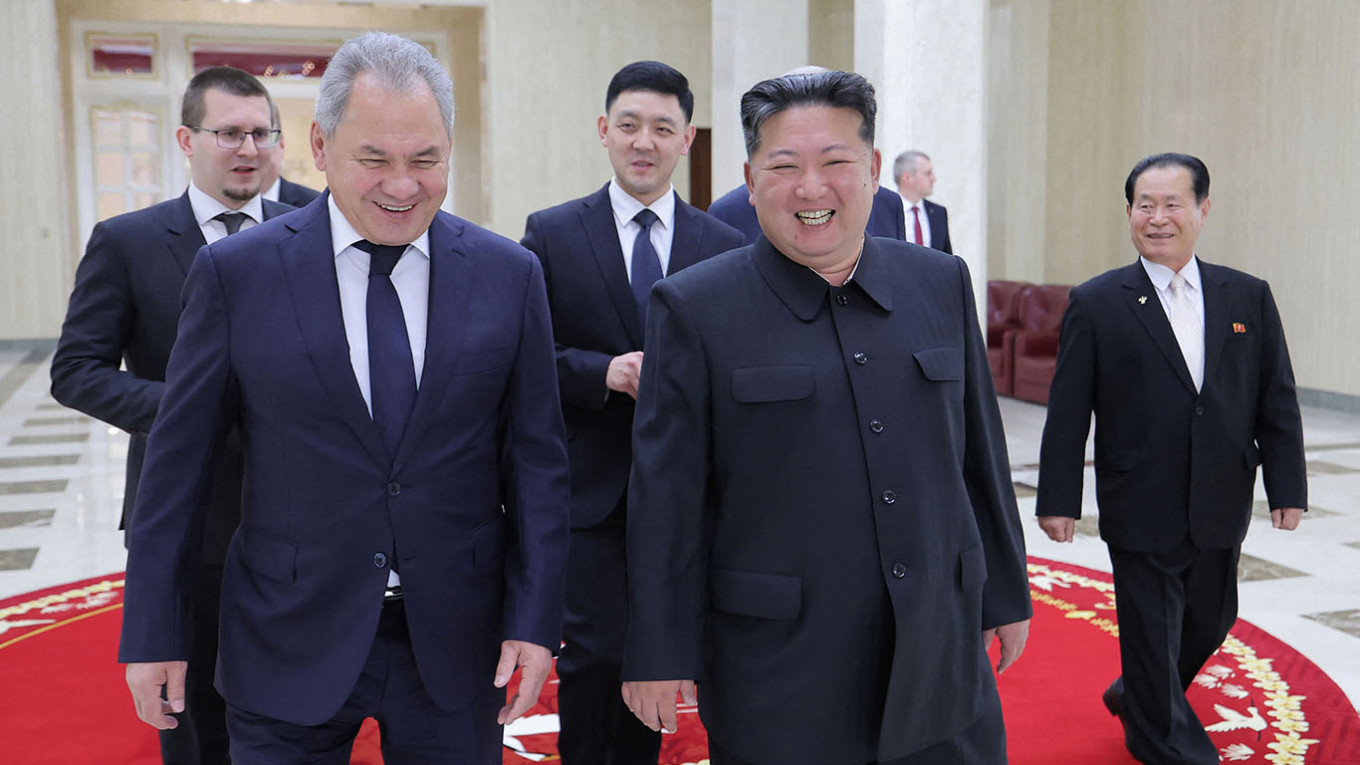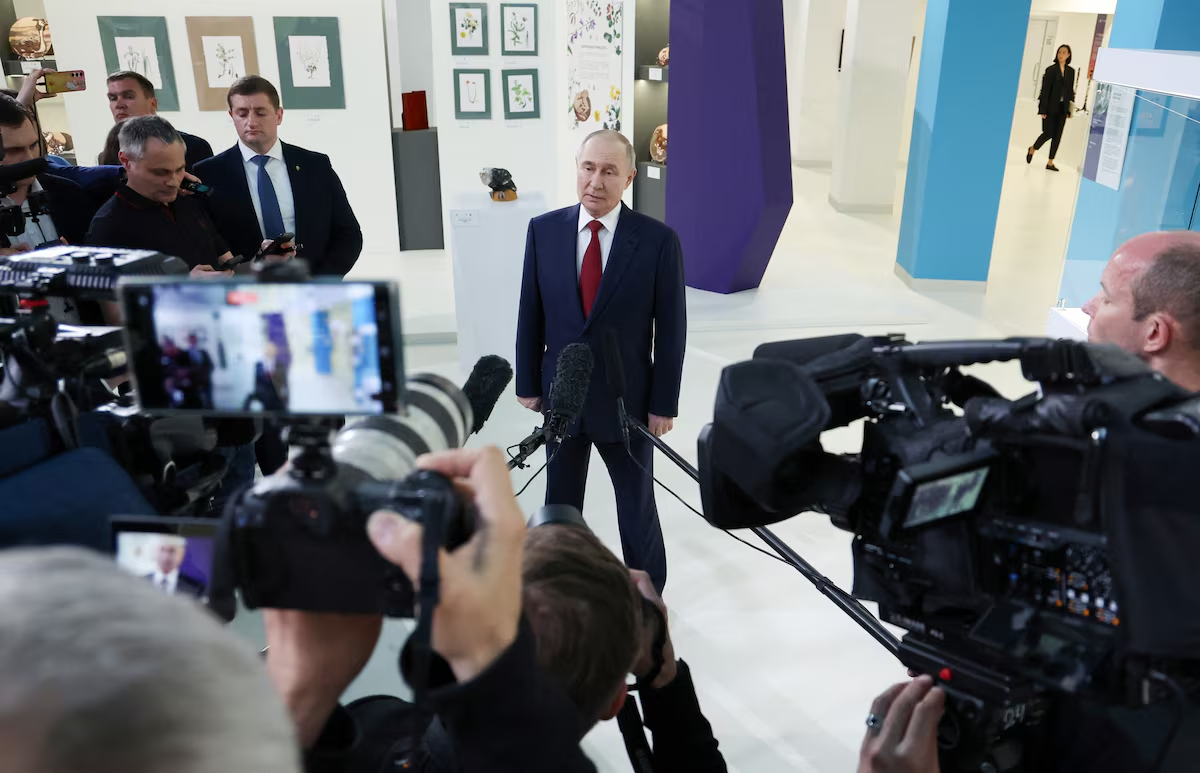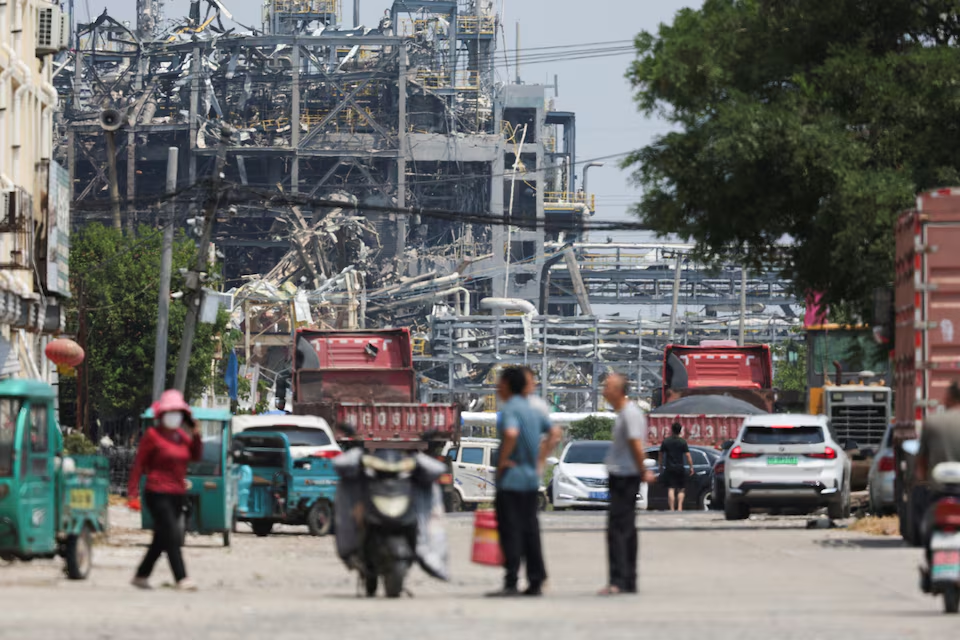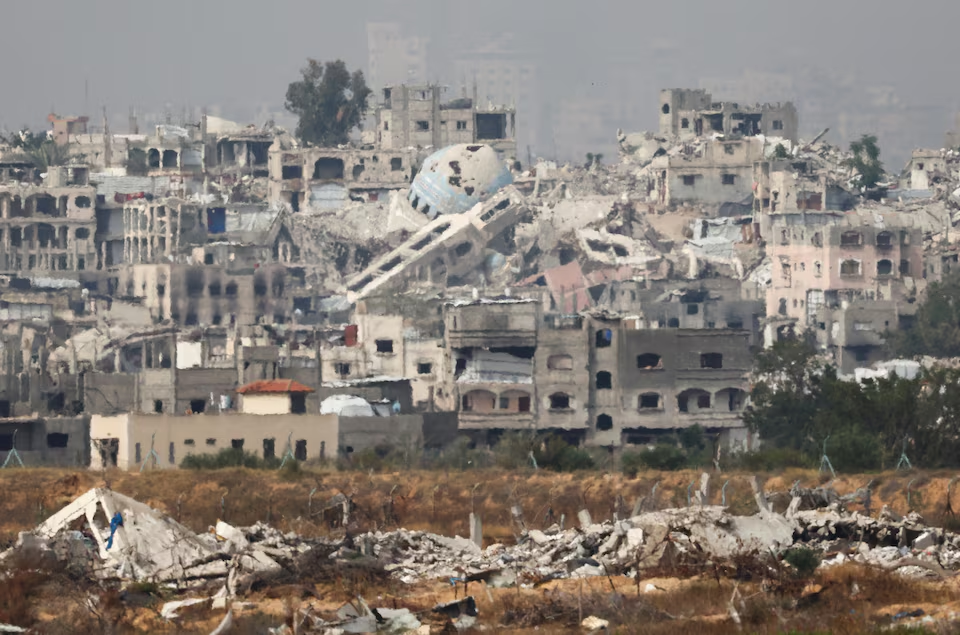Russia’s Security Council Secretary Nikolai Patrushev arrived in Pyongyang on Tuesday for high-level talks with North Korean leader Kim Jong-un, signaling an expansion of strategic cooperation between the two countries. The visit underscores growing alignment between Moscow and Pyongyang amid intensifying global sanctions and mounting tensions with the West.
According to North Korean state media, Patrushev was warmly received by Kim Jong-un during his visit, which included a formal meeting and discussions on strengthening political, economic, and security ties. North Korea’s official Korean Central News Agency (KCNA) reported that both parties agreed to deepen their strategic partnership and explore enhanced collaboration in defense and regional security.
The visit marks one of the highest-level Russian delegations to North Korea in recent years. It follows months of increased military and diplomatic exchanges between the two countries, which have grown closer since the start of Russia’s full-scale invasion of Ukraine in 2022. Russia has reportedly turned to North Korea for munitions and other military supplies amid Western sanctions and battlefield shortages.
While specific details of the discussions between Patrushev and Kim were not disclosed, KCNA stated that the talks were conducted in a “comradely and constructive” atmosphere. The meeting comes at a time when both countries are seeking to fortify their alliances outside the Western-led international order.
The Kremlin has not issued a formal statement regarding the visit, but Russian state news outlets confirmed Patrushev’s presence in Pyongyang and cited the purpose as “strategic dialogue on mutual security interests.” Analysts view the timing as significant, particularly following recent reports of North Korean weapons appearing in Russian military operations in Ukraine.
In his remarks, Kim Jong-un described Russia as a “trusted and powerful ally” and expressed his full support for President Vladimir Putin’s leadership. He emphasized North Korea’s readiness to deepen bilateral cooperation across all sectors, including trade, technology, and defense.
For Russia, the partnership offers a rare avenue for arms procurement and political backing at a time when it faces growing isolation on the international stage. For North Korea, stronger ties with Moscow help offset its dependence on China and offer leverage against U.S.-led pressure over its nuclear program.
Western governments have voiced increasing concern over the growing Russia–North Korea alignment. The United States has warned that military cooperation between the two states could violate multiple UN Security Council resolutions, including those banning the export of arms to or from North Korea.
U.S. officials have also alleged that North Korea has supplied Russia with artillery shells, missiles, and other weaponry in exchange for technological support and economic incentives, including food and fuel. Both Moscow and Pyongyang have denied these claims, framing their cooperation as lawful and sovereign.
The Patrushev-Kim meeting follows a pattern of high-level exchanges that began with Kim’s visit to Russia in September 2023, where he met President Putin at the Vostochny Cosmodrome. Since then, bilateral relations have intensified, with frequent reports of military shipments, technical cooperation, and diplomatic coordination.
Experts say the growing Russia–North Korea axis may pose a challenge to international efforts aimed at curbing North Korea’s nuclear ambitions and deterring Russia’s aggression in Ukraine. The coordination between the two authoritarian regimes highlights a broader trend of anti-Western alignment among sanctioned or isolated states.
As global power dynamics continue to shift, the Pyongyang summit between Patrushev and Kim represents not just a bilateral engagement but a strategic gesture aimed at reshaping alliances in the Asia-Pacific and beyond. The international community is likely to watch closely for further developments, especially any evidence of formal military agreements or resource exchanges that could violate international sanctions.
Source; The Moscow Times



